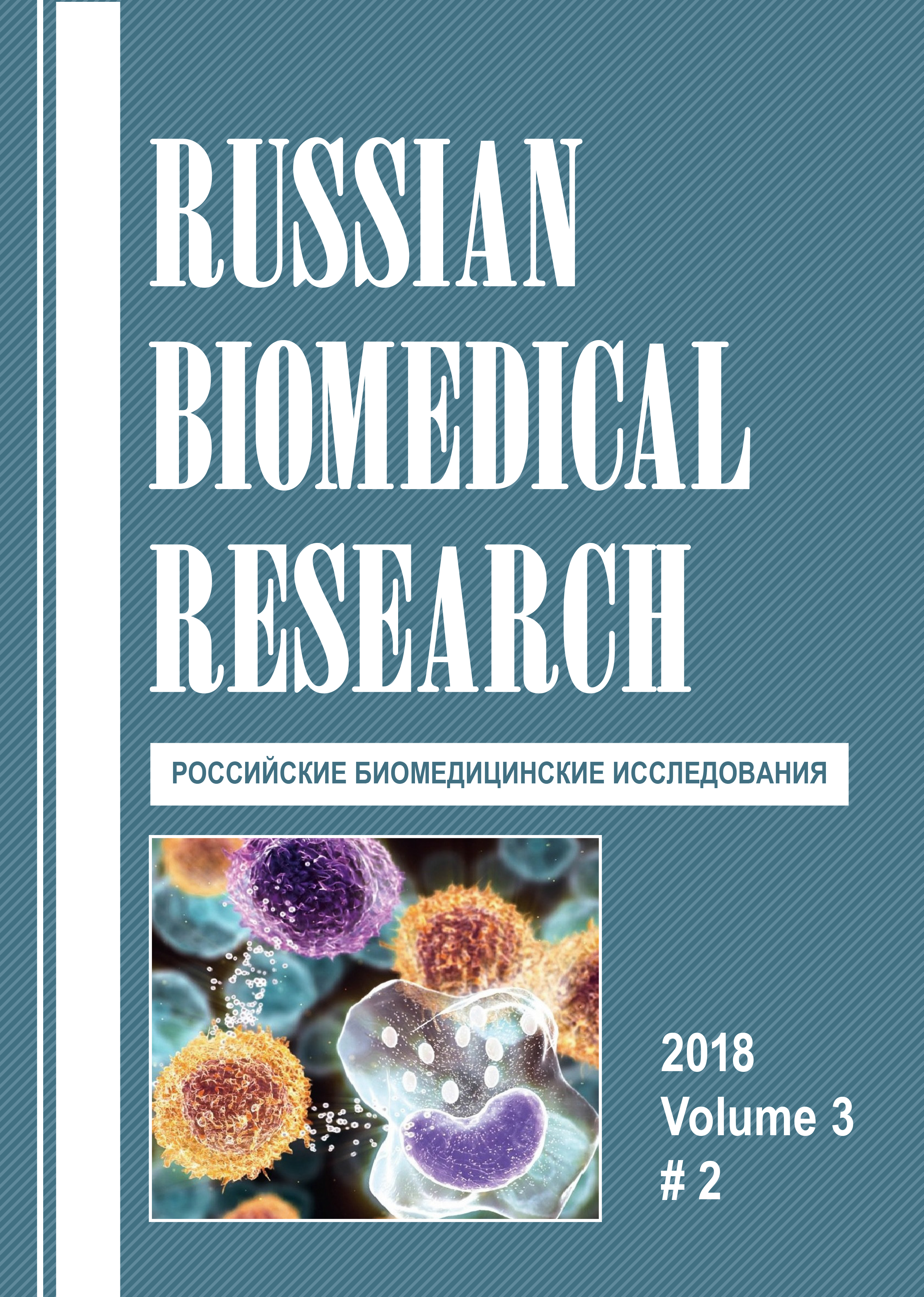Mechanisms of sudden cardiac death
Abstract
The article is dedicated to examining the concept of sudden cardiac death (SCD) and exploring the dominant pathogenesis theories and risk factors. Non-invasive and surgical methods of primary and secondary prevention are also analyzed. The main mechanisms of SCD are ventricular fibrillation, ventricular tachycardia and asystole. Prevention of SCD is closely related to prevention of ischemic heart disease and heart failure. Currently the most effective method for preventing SCD and improving the patients’ prognosis is the implantable cardioverter-defibrillator (ICD). However, the ICD implantation is often unavailable due to high risk, so drug therapy remains the main method of treatment in this group of patients. Of all drug groups, beta blockers are the most effective in preventing SCD and have the largest evidence base. Moreover, combining beta blockers with drugs from other groups further decreases the risk of SCD.



